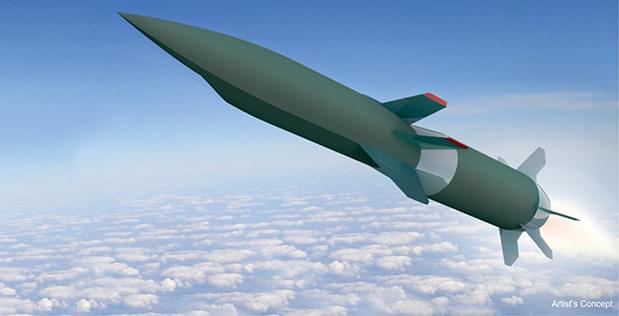A shadow war is a war that, officially, does not exist. As mercenaries, hackers and drones take over the role armies once played, shadow wars are on the rise.
States are evading their responsibilities and driving the privatization of violence. War in the grey-zone is a booming business: Mercenaries and digital weaponry regularly carry out attacks, while those giving orders remain in the shadows.
Despite its superior army, the U.S. exhausted its military resources in two seemingly endless wars. Now, the superpower is finally bringing its soldiers home. But while the U.S.’s high-tech army may have failed in Afghanistan, it continues to operate outside of official war zones. U.S. Special Forces conduct targeted killings, using drones, hacks and surveillance technologies. All of this is blurring the lines between war and peace.
The documentary also shows viewers how Russian mercenaries and hackers destabilized Ukraine. Indeed, the last decade has seen the rise of cyberspace armament. Hacking, sometimes subsidized by states, has grown into a thriving business. Digital mercenaries sell spy software to authoritarian regimes. Criminal hackers attack any target that can turn a profit for their clients.
But the classic mercenary business is also taking off, because states no longer want their official armies to go into battle. Former mercenary Sean McFate outlines how privatizing warfare creates an even greater demand for it. He warns that a world of mercenaries is a world dominated by war.
#documentary #dwdocumentary.








